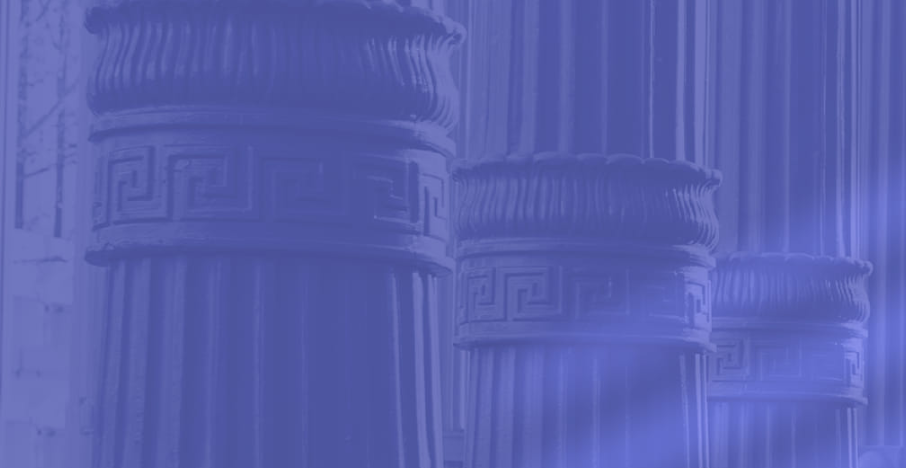
Analytical Report

This working paper investigates how dialogic communication ethics (DCE) are reflected in codes of ethics and other normative guidelines for public communication. With the overarching goal of fostering civic resilience in democratic societies, the study seeks to identify Principles of Good Communication Conduct (PGC) based on dialogic norms and inclusive accountability. The study builds on prior theoretical work within the DIACOMET project and addresses four key research questions: (1) What moral dilemmas arise in public communication codes? (2) What principles of DCE are represented? (3) How is inclusive accountability operationalised? (4) How is compliance ensured?
Methodologically, the research combined quantitative and qualitative content analysis of 429 ethical codes and communication guidelines from eight European countries (Austria, Estonia, Finland, Hungary, Lithuania, the Netherlands, Slovenia, and Switzerland), plus supranational documents. Codes from various sectors (e.g., journalism, advertising, public institutions, and digital platforms) were analysed using a structured four-stage process of scanning, selecting, analysing, and implementing. Documents were coded for moral tensions (e.g., privacy vs. transparency), DCE principles (e.g., responsibility, loyalty, autonomy), inclusive accountability practices (e.g., inclusivity, diversity, resilience), and compliance mechanisms.
The analysis reveals limited alignment with the principles of DCE, which emphasize equal participation for all communicative actors. Most documents focus on journalism, while media users and civic actors are underrepresented. Accountability frameworks are primarily institutional or market-based, with few public- or citizen-centred models. Additionally, most texts are non-binding and lack concrete compliance mechanisms. Ethical challenges posed by emerging technologies, particularly artificial intelligence, are rarely addressed.
Qualitative findings show that traditional ethical dilemmas – such as tensions between truth-telling and confidentiality, and between privacy and transparency – are frequently discussed, reflecting long-standing concerns in journalism ethics. While many documents reference dialogue or participatory communication, these mentions are often marginal and not substantively developed, even in documents directed at citizens or non professionals.
Responsibility is a widely shared ethical principle across the corpus, increasingly framed as a shared duty among professionals and digital media users. Loyalty also appears frequently, though it is less emphasized in citizen-oriented documents. Autonomy – especially editorial and organisational independence – is a recurring theme, along with calls for political independence beyond traditional media.
Encouragingly, inclusivity and diversity are prominently addressed in texts linked to public interest and civic engagement. Many guidelines advocate for equitable access, anti discrimination, and the empowerment of diverse user groups. International documents in particular stress linguistic and procedural diversity. Resilience is another emerging value, with documents supporting both the empowerment and safety of communicators, particularly in digital spaces. However, mechanisms to ensure adherence to these principles are largely absent or outsourced to external co-regulatory bodies beyond the study’s scope.
In sum, the findings of the empirical study highlight the need for more robust, inclusive, and enforceable ethics frameworks. This imperative will inform the next phases of the DIACOMET project – especially in shaping a new set of PGC, aimed at enhancing dialogic and accountable communication in the digital age.
